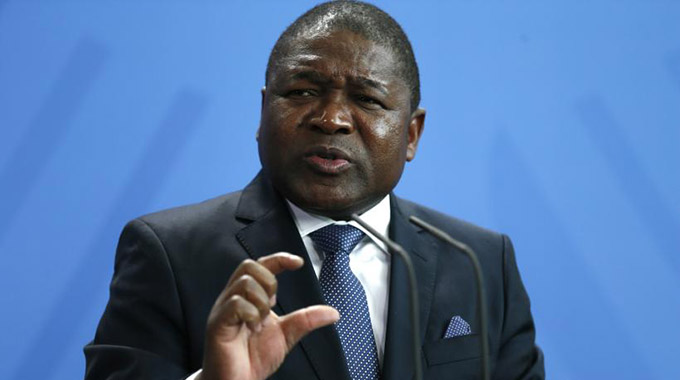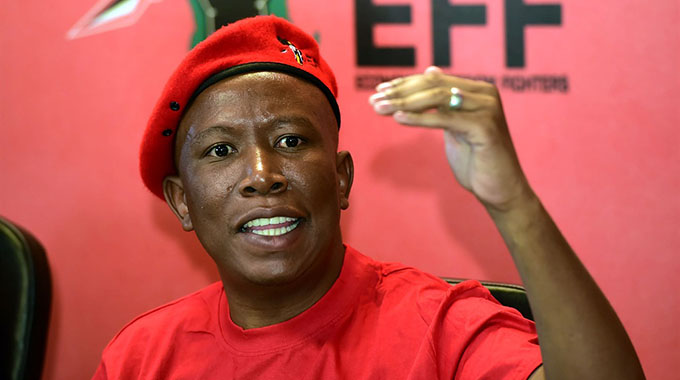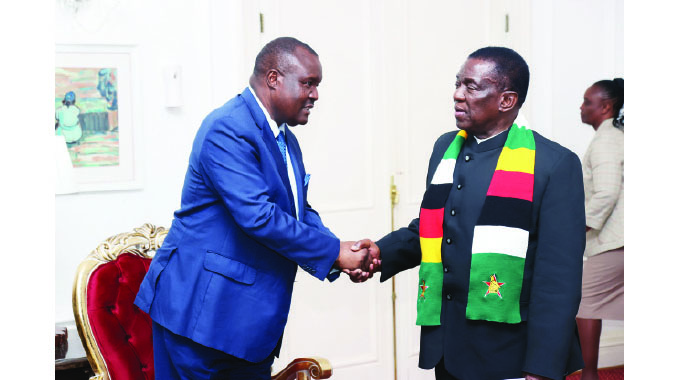Banks that gave Mozambique loans propose restructuring: Report

MAPUTO. – Banks that arranged billions of dollars of loans to government companies in Mozambique have proposed to restructure some of the now-defaulted debt, as the government of President Filipe Nyusi struggles to relieve financial pressure on Mozambique’s economy.
Credit Suisse Group AG proposed the deal in recent weeks on behalf of a group of institutions holding a loan that the Swiss lender and Russia’s Bank VTB Group arranged in secret for a Mozambican government-owned company five years ago, people familiar with the matter said.
The restructuring would swap the loan into new debt with interest payments tied to Mozambique’s future economic performance, one of the people said, and would help the banks move past an episode that attracted international scrutiny to their lending practices.
The first known proposal by the group comes as the country attempts to restore access to international capital markets. President Nyusi said in a September interview that Mozambique needs external investment to pay for basic services ranging from health care to water infrastructure.
The debt crisis has become emblematic of the risks posed by a surge of borrowing conducted in recent years by African governments that fund managers say has left countries like Zambia and Ghana heavily indebted and at risk of default.
“We need to rebuild roads and we don’t have enough money,” President Nyusi said during the interview. “We need water, for example, for food security…we need financing.”
The debt is part of $1.2 billion the banks helped Mozambique borrow soon after the discovery of vast natural-gas reserves off its coast. Development of the gas fields has been slow and the country defaulted on the debt in 2017 after much of the borrowed funds disappeared.
Foreign governments and financial institutions are unwilling to resume lending to the country until it normalises relations with its private creditors and the International Monetary Fund, which stopped lending to Mozambique when The Wall Street Journal reported the existence of the undisclosed debt.
Mozambique offered in March to reduce some of its debt and delay repayment of the rest until as late as 2034, but creditors rebuffed the deal. The Credit Suisse group’s proposal, like a previous one by owners of a defaulted Mozambique bond, suggests swapping their claims into new securities that would pay increasing amounts when gas exports replenish the country’s coffers, a concept the Nyusi administration has consistently rejected.
“The proposal does not meet the requirements of the authorities and is not considered a viable basis for a solution,” said Ian Clarke, a lawyer for Mozambique at White & Case LLP.
A spokesman for Credit Suisse said the bank “has been working to develop a sustainable restructuring solution that accommodates the government of Mozambique’s requests and accounts for its current economic circumstances.” A spokeswoman for VTB declined to comment.
Mozambique is also deadlocked with the IMF, whose staff was angered by the hidden loans and has demanded answers about who was behind the deals and where the missing funds have gone.
The Securities and Exchange Commission and US Justice Department opened investigations of the deals in recent years.
Mozambique’s Justice Department continues to look for the missing funds and is cooperating with the IMF and hopes the fund will resume lending as a sign of good faith and encouragement, President Nyusi said.
“We would like them to give us encouragement,” he said.
An IMF representative declined to comment. The IMF said in April that “full clarity on the use of the proceeds of the previously undisclosed loans contracted by three public companies will be critical to restoring confidence and encouraging private investment.” – Wall Street Journal







Comments